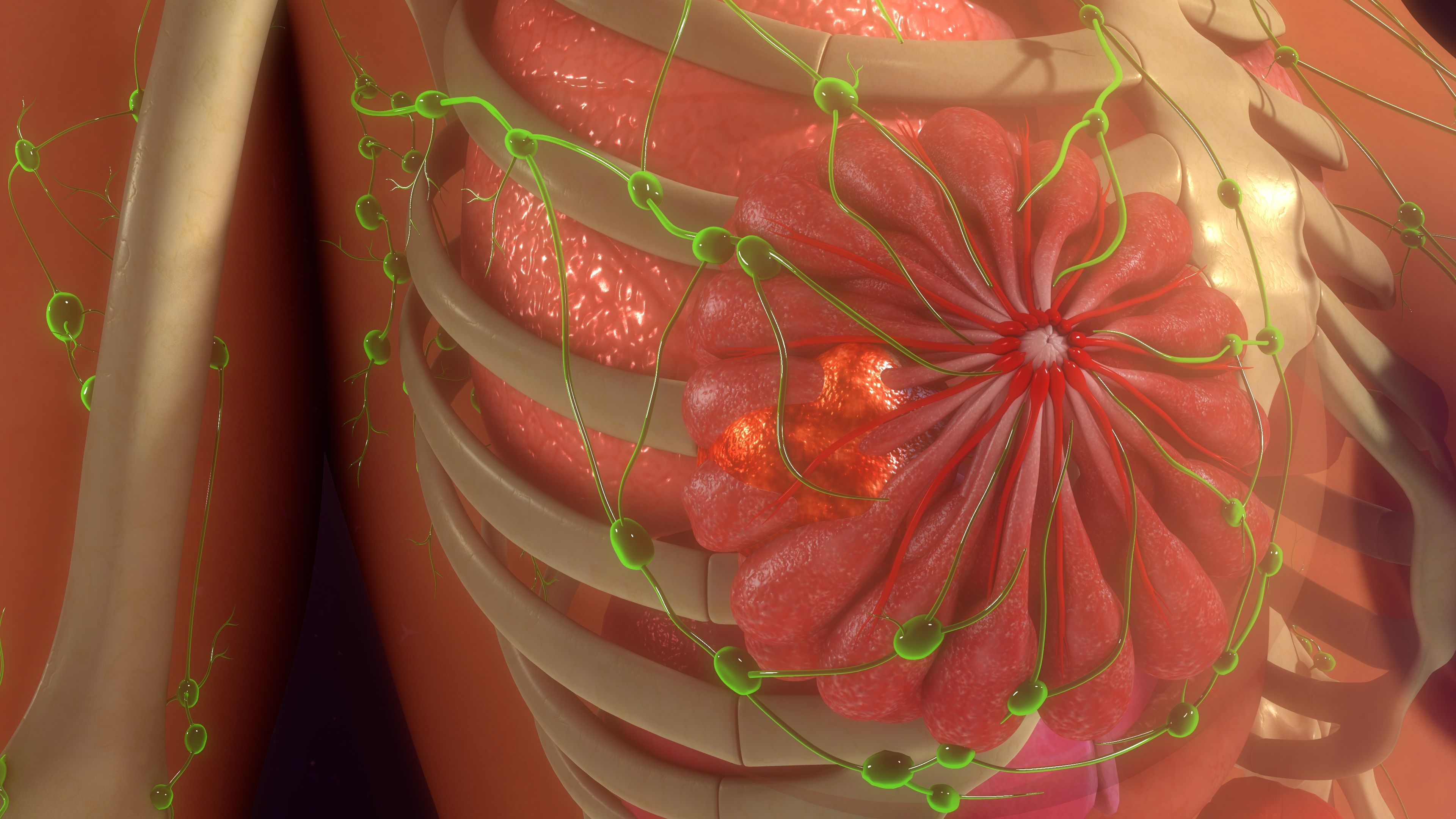
Breast Cancer
Latest News
Latest Videos

CME Content
More News


Age and racial differences in subgroup analyses emphasize the need for strategies addressing Alzheimer’s/dementia risk factors and prevention of breast cancer.



A user-friendly “nudge” may provide a timely reminder to surgeons to consider the value of sentinel lymph node biopsy in older patients with breast cancer.



Findings from the PREVENT study show that bioimpedance spectroscopy use may reduce progression to chronic lymphedema compared with tape measure use.


30 Datopotamab Deruxtecan (Dato-DXd) vs Chemotherapy in Previously-Treated Inoperable or Metastatic Hormone Receptor–Positive, HER2-Negative (HR+/HER2–) Breast Cancer (BC): Primary Results From the Randomised Phase 3 TROPION-Breast01 Trial

Two dose-limiting toxicities were observed, and the maximum tolerated dose was not reached in a study evaluating FS-1502 safety, tolerability, and efficacy.

31 Adjuvant Abemaciclib Plus Endocrine Therapy for HR+, HER2–, High-Risk Early Breast Cancer: Results From a Preplanned MonarchE Overall Survival Interim Analysis, Including 5-Year Efficacy Outcomes

32 Neoadjuvant Pembrolizumab or Placebo Plus Chemotherapy Followed by Adjuvant Pembrolizumab or Placebo for Early-Stage Triple- Negative Breast Cancer: Updated Event-Free Survival Results From the Phase 3 KEYNOTE-522 Study

Data also show statistically meaningful improvements in endocrine symptoms and breast cancer–specific quality of life with acupuncture.

The new recommendation update modifies a 2020 ASCO guideline on the selection of optimal adjuvant chemotherapy and targeted therapy for breast cancer.



A ready-to-dilute formula of SH-105 has been approved by the FDA to treat breast and ovarian cancers.

Updated results from the POSITIVE trial found that patients younger than 35 years had a higher likelihood of achieving pregnancy during an endocrine therapy pause for HR-positive breast cancer.


Paolo Tarantino, MD, discusses the potential utility of agents such as datopotamab deruxtecan and enfortumab vedotin in patients with breast cancer.

36 MONARCH 3: Final Overall Survival Results of Abemaciclib Plus a Nonsteroidal Aromatase Inhibitor as First-Line Therapy for HR+/HER2– Advanced Breast Cancer

Paolo Tarantino, MD, highlights strategies related to screening and multidisciplinary collaboration for managing ILD in patients who receive T-DXd.


Data from CAPItello-291 support the approval of capivasertib/fulvestrant for ER-positive, HER2-negative breast cancer in the European Union.









































